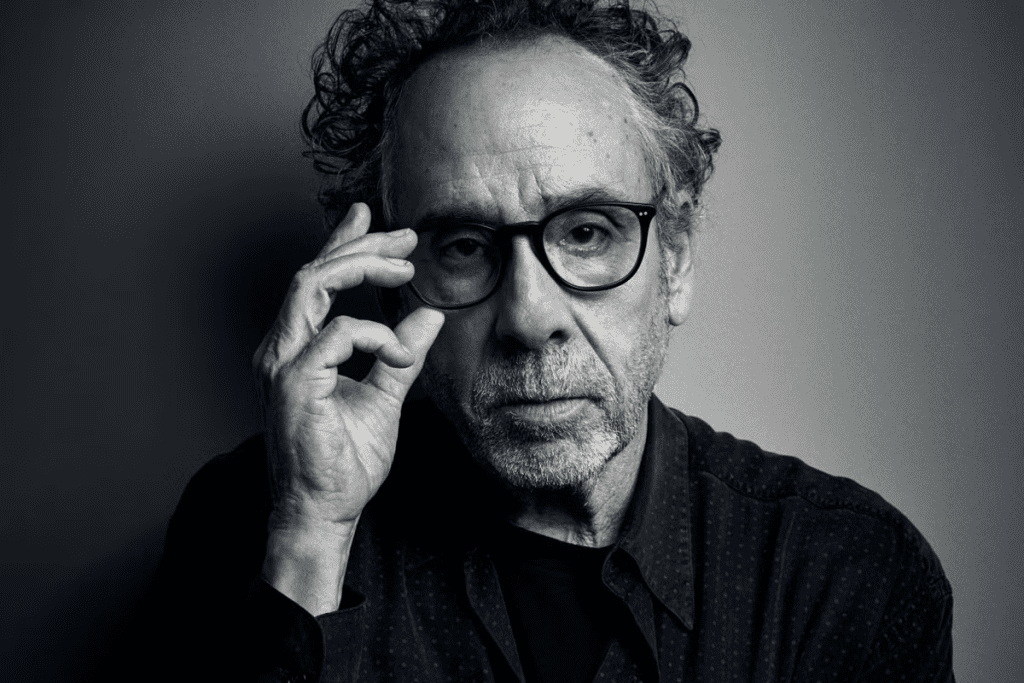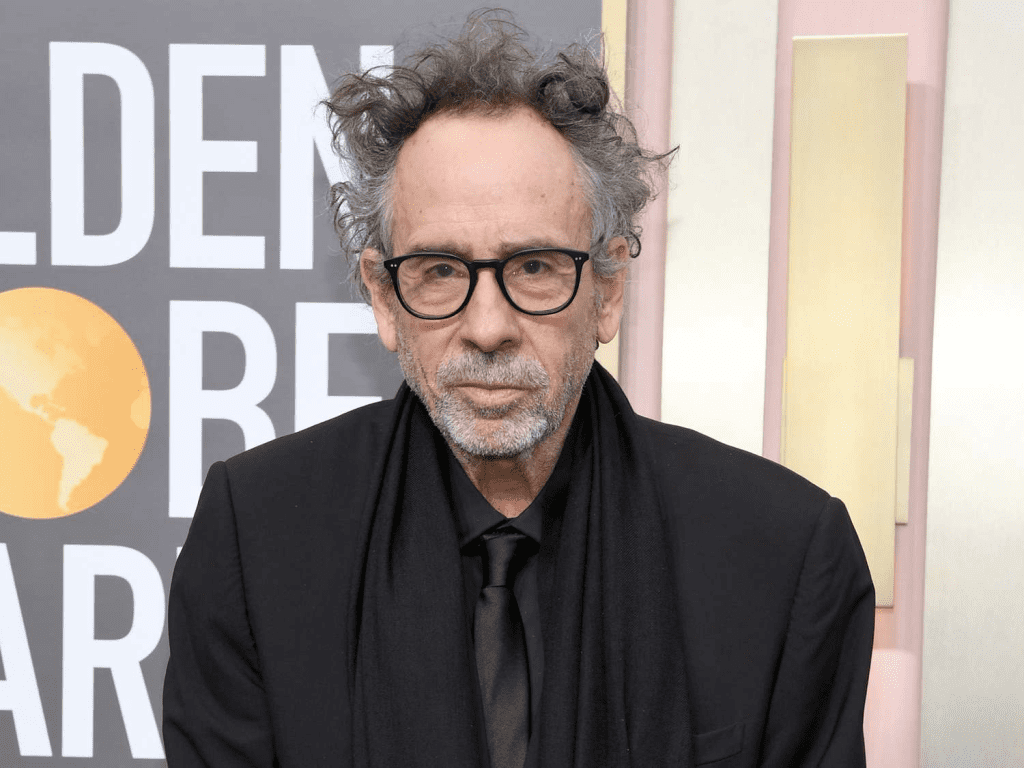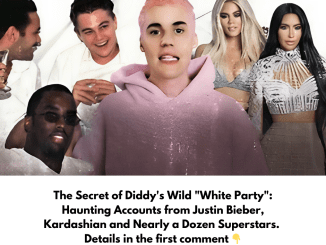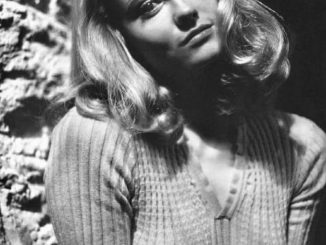Tim Burton, one of Hollywood’s most recognizable filmmakers, has come under fire for his casting choices in the highly anticipated sequel Beetlejuice 2. The film, which includes beloved original stars like Winona Ryder and Michael Keaton, alongside new talent such as Jenna Ortega, has sparked controversy due to its lack of racial diversity. As online critics label the movie as “racist,” Burton has responded to these accusations, defending his artistic decisions and explaining his perspective on diversity in film.
Beetlejuice 2 Faces Criticism Over Lack of Diversity

The controversy began shortly after Beetlejuice 2 hit theaters. While fans of the original eagerly awaited the return of iconic characters, some viewers were quick to point out that the sequel, like many of Burton’s previous films, featured a predominantly white cast. This criticism was amplified by a particular scene in the movie that some labeled racially insensitive.
The scene in question involves Jenna Ortega’s character, Astrid Deetz, boarding the ‘Soul Train’ on her journey to the Great Beyond. The reference to the famous 1970s TV show Soul Train, known for celebrating Black culture and showcasing African American artists, left some viewers uncomfortable. Critics took to social media to express their disappointment, with one user writing on X (formerly Twitter), “I’m glad people are calling out Beetlejuice 2 for its racist depiction of Black people. The only time Black people are in the movie is for a Soul Train joke.”
The uproar continued with others voicing similar concerns about the film’s lack of Black representation and what they perceived as a trivialization of an important cultural symbol. As the online debate grew, many questioned why Burton continues to avoid casting people of color in more prominent roles.
Tim Burton’s Response to the Allegations
In response to the backlash, Tim Burton has addressed the accusations of racism, offering insight into his approach to casting. He acknowledged the criticism, but emphasized that his decisions are driven by his creative vision rather than a desire to conform to societal expectations of diversity.
In a statement reminiscent of his past comments, Burton explained, “Things either call for certain elements, or they don’t. I don’t like to force diversity into stories where it doesn’t fit naturally.” His perspective on the matter is shaped by his childhood experiences with media, particularly his discomfort with what he saw as “forced diversity” in shows like The Brady Bunch.
Burton remarked, “Back in the day, when they started adding diverse characters just to check a box, it didn’t feel genuine to me. I grew up watching blaxploitation films, and I never thought they needed more white characters. The focus should always be on what feels authentic to the story.”
While Burton’s comments reflect his personal views, they have done little to sway those who feel his films perpetuate an industry-wide issue of underrepresentation. The lack of racial diversity in Beetlejuice 2 has reopened discussions about Hollywood’s broader struggle with inclusion and the responsibility filmmakers have to reflect the world’s diverse population on screen.
A History of Similar Criticisms

The uproar surrounding Beetlejuice 2 is not the first time Tim Burton has faced questions about his casting decisions. In 2016, while promoting Miss Peregrine’s Home for Peculiar Children, he was asked about the noticeable absence of people of color in his films. At the time, Burton made it clear that he doesn’t believe in casting actors of diverse backgrounds unless the role specifically calls for it.
His response at the time was, “Nowadays, people are talking about diversity more, but I don’t think it’s something you just force into a story. It either fits, or it doesn’t.” Burton’s comments sparked a similar backlash, with some calling his remarks out of touch with modern sensibilities.
Another example of Burton’s work facing scrutiny for its portrayal of race can be found in The Nightmare Before Christmas. The character Oogie Boogie, a villain voiced by Black actor Ken Page, was criticized for his racial undertones. Screenwriter Caroline Thompson expressed her discomfort with the character, citing that “Oogie Boogie” is a derogatory term for African Americans in the American South. Thompson stated that she had pushed for changes to the character but was ultimately unsuccessful.
The Challenge of Balancing Artistic Vision and Social Responsibility

Tim Burton’s insistence on staying true to his creative vision raises important questions about the balance between artistic integrity and social responsibility. While some believe filmmakers should prioritize representation, others argue that diversity should not be forced where it doesn’t naturally fit within a story’s context. Burton clearly falls into the latter category, maintaining that his artistic choices are driven by narrative needs, not by the need to meet diversity quotas.
That being said, in an industry that is increasingly diverse and globalized, many believe that major directors like Burton have a responsibility to reflect the world as it is today. Filmmakers wield immense cultural influence, and representation in film can shape societal norms and perceptions. For critics of Burton’s approach, the issue lies not in his films’ plots or characters but in the persistent lack of inclusivity in roles that could, in theory, be more diverse.
Box Office Success Amid Controversy

Despite the ongoing criticism, Beetlejuice 2 has performed exceptionally well at the box office, grossing over $250 million worldwide. Its success suggests that, for many moviegoers, the excitement of revisiting beloved characters from the original Beetlejuice outweighed the controversy surrounding its casting.
However, the film’s financial triumph doesn’t negate the broader conversations it has sparked about race and representation in Hollywood. With the spotlight once again on Tim Burton’s casting practices, it remains to be seen whether future projects from the director will reflect a shift toward more inclusive storytelling.
Conclusion: Can Tim Burton Evolve With the Times?
Tim Burton’s body of work is undeniably iconic, but it exists in an era where the demand for diversity and representation in media is stronger than ever. While Burton continues to defend his casting choices as true to his creative vision, critics argue that his refusal to adapt risks alienating a growing portion of his audience.
As more voices in the industry advocate for inclusive storytelling, it’s clear that the conversation around diversity in Hollywood is far from over. Whether Tim Burton will change his approach in future projects remains to be seen, but one thing is certain: audiences are paying close attention to who gets cast and how they’re portrayed on the big screen.


